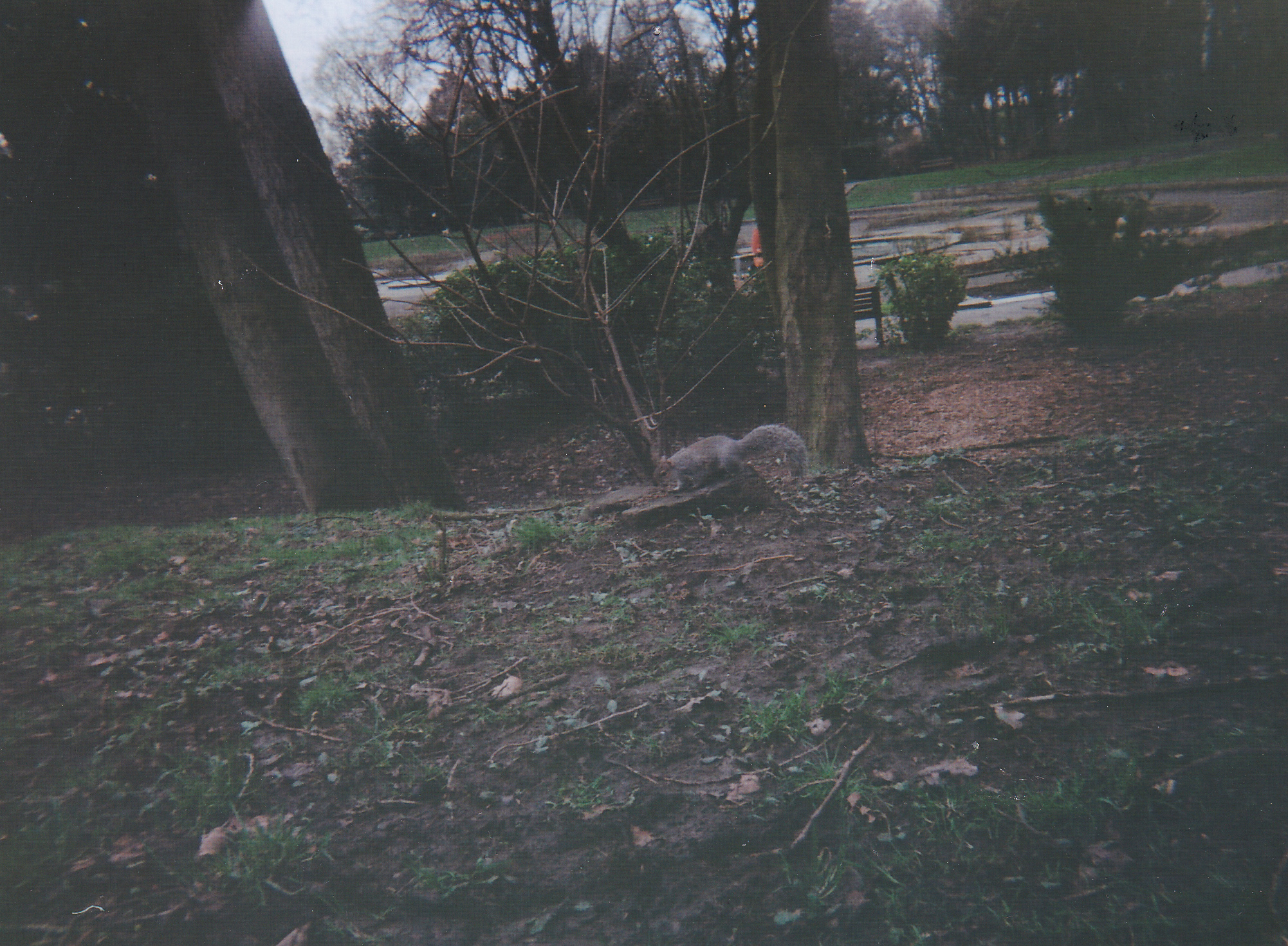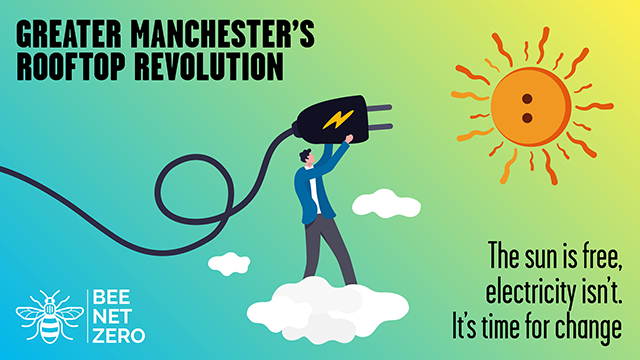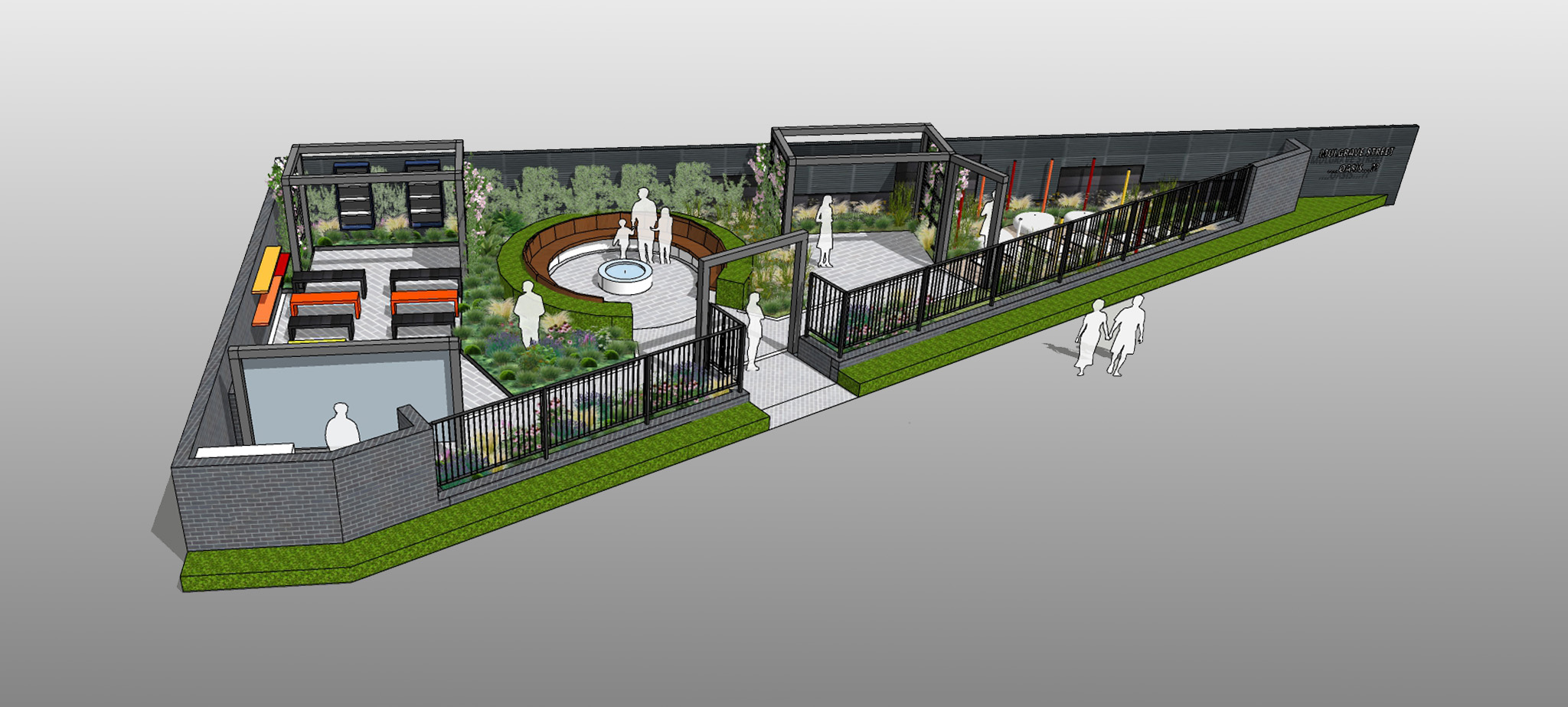
Engaging Blackpool: Young People and Climate Change Resilience
Blackpool, Lancashire
Our Story
Blackpool has a history of continued reinvention and entrepreneurial spirit. However, the community faces a number of challenges including high rates of poor quality private rented accommodation, with 80% of the occupants receiving housing benefit. Additionally, the number of children in need remains the highest in the country with 88% of pupils having a mental toughness score below the national average.
The University of Central Lancashire (UCLan) identified this issue and set up a research project that works with young people to educate and understand their concerns about the impacts of climate change and building a resilience for the future. Initially, along with four group leaders, they took out 15 children aged 6 to 16 that all reside in Blackpool through Stanley Park with the aim to gather the children’s views on climate change through semi-structured interviews, while on the walk. These questions were guided by the responses from the children, as well as the subjects they decided to focus on.
We have since developed strong relationships with key stakeholders in the area, helping us with providing the children to carry out the project as well as strengthening our ties to the local area in addressing a major worldwide issue.
The Challenge
The challenge of carrying out a project like this is to not only understand the subject area, but what is the best way that will work well for the group. We carried out an initial pilot study with a sample of young people first to understand what they wanted to discuss to shape our initial ideas. It was clear early on that being talked to and sitting in a classroom environment didn’t work beyond 20 minutes.
It was also important to reach out to local partner organisations, without which the project wouldn’t have succeeded. The Local Authority’s Green Spaces and Park Rangers team helped organise the groups of young people and incorporated our project into their existing programme. Having these partners help identify the children for the project and we were able to develop early trust and rapport with the children.
It was also important not to condescend the children, and make them feel valued and trusted to handle the equipment and interview us using the recording devices. This really helped build a relationship and provided light relief to what is a serious subject.
Our Solution
The project provides a thought provoking and engaging environment for children to express their opinions on climate change and the local picture, as well as allowing them the freedom to dictate the subject areas they want to focus on. The children are provided with recyclable cameras to share. They are then asked to photos into the related categories, before ranking them based on what they think should be prioritised in the discussions.
Young people identified several themes from their local environment that they then related to the broader issue of climate change and climate impact in a global sense. The themes were Climate Change (Trees and deforestations, Storms and Flooding, Renewable Energy); Local Environment (Wildlife, Litter and Graffiti); Community and Ownership (Park, Gardens and Remembrance); Engagement (Litter Picking, Education and Food).
We were then able to demonstrate that young people were able to see a felled tree in a parkland and then visualise the impact of a single tree in comparison to deforestation for example. This was a powerful exercise and affected the young people profoundly.
Want to find out more?
If you want to find out more about Engaging Blackpool, follow the link below:
https://www.uclan.ac.uk/research/centres/sustainable-transitions
 Graffiti was highlighted as damaging to the local environment
Graffiti was highlighted as damaging to the local environment
 Local wildlife: The non-native grey squirel as a controversial figure!
Local wildlife: The non-native grey squirel as a controversial figure!







